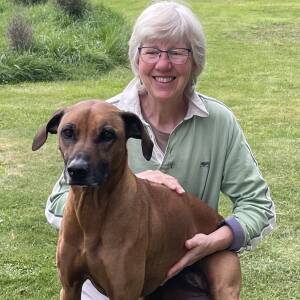Remember
It is Holocaust Memorial Day: the 80th anniversary of the liberation of the concentration camp at Auschwitz-Birkenau.
Whilst listening to podcasts this week, amongst other things I heard details about the scale and the brutality of death marches which saw the SS force 56,000 prisoners to walk westwards from Auschwitz-Birkenau, ahead of the liberating Soviet Army in January 1945.
The people who now live in one of the villages along the route are only just finding out about the events of 17th to 21st January eight decades ago. The memories of those who witnessed thousands of prisoners passing along the main street - dressed only in striped overalls and wooden clogs in temperatures that were well below freezing - and the presence of a mass grave bearing the bodies of some of those who perished on the march, were silenced then forgotten. Thanks to the efforts of a local history teacher the villagers of 2025 are now learning what happened.
I have also read an account by a reporter whose great-grandmother was murdered at Auschwitz-Birkenau. She visited the place recently, and was surrounded by coach-loads of tourists taking selfies in front of exhibits and structures at the former camp.
While there is surely a need to know what happened, a death camp becoming a tourist attraction seems inappropriate in the extreme. It is a place for serious acknowledgement of some of the horror that took place there. Is that compatible with social media feeds and selfies? I wonder how many of those visitors departed feeling any of the reality of what happened in that place during WW2?
30-odd years ago I visited the site of Bergen-Belsen concentration camp. It was the first time that I felt truly confronted by the evil that walks amongst us.
I was overwhelmed by the silence of the forest which surrounded the remains of the camp. The trees hadn't encroached at all, thanks - I was told - to the very high levels of lime in the soil. Lime which was spread beneath, amongst and over the bodies of those who were killed, and of those who died of illness and starvation. Tens of thousands of people whose remains remain in that silent place.
I wept my way around the camp. It crossed my mind to leave to ease my emotions, but instead I walked the perimeter, round every mass grave, round the outline of every building. I looked at every exhibit in the museum and read every piece of information. It was the very least I could do in the face of such horrors.
The day affected me profoundly.
If there had been hordes of camera-wielding tourists would I have been able to immerse myself in the stories, in the atmosphere? Would I have taken the place away with me and felt its presence ever since?
With evil walking blatantly amongst us at the moment genuine remembrance is maybe more important than ever.
So as I mourn the victims of the concentration camps, I also mourn the victims of the annihilation of Gaza. It is possible - indeed it is right - to mourn for both. One genocide cannot justify another genocide. Our humanity is doomed if we believe that.

Comments
Sign in or get an account to comment.


